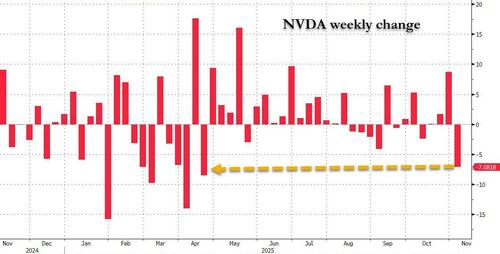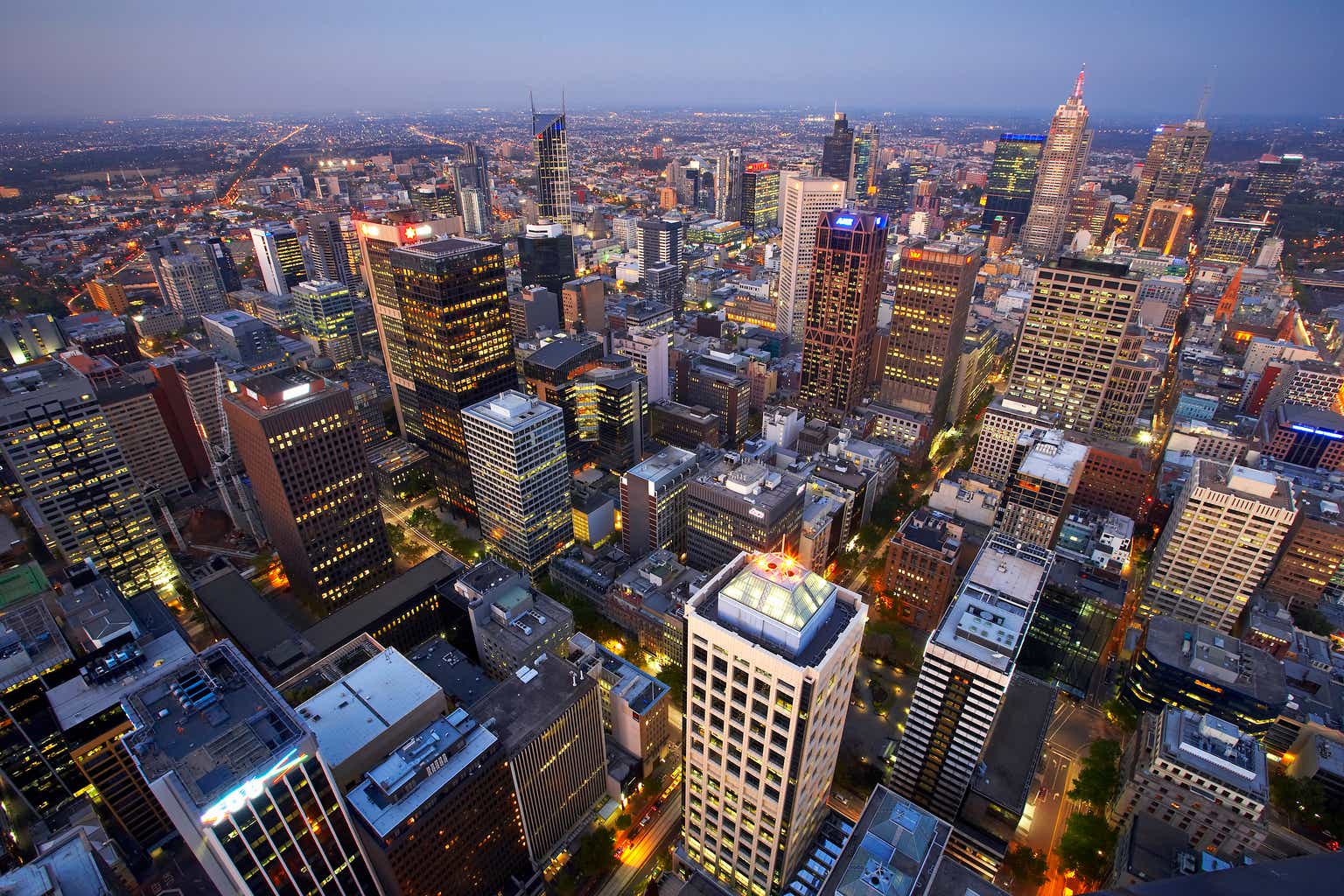I have been at the Jaipur Literature Festival (JLF) this last week. JLF is the maha kumbh of literature festivals, in India certainly, and perhaps, in the world t. It is certainly the planet’s largest festival with free entry, where footfalls go into lakhs. For five days, each day has parallel sessions in half a dozen venues on different books and subjects. Each session is packed with enthusiastic audiences running into thousands. A galaxy of the best writers from across the world, and those with books launched recently, are invited. It is literally a feast of words, books and discussions.

I have been participating almost every year since JLF began, first in 2006 as part of the Jaipur Heritage International Festival, and then from 2008 as the autonomous JLF. I remember that first event in 2006, which was, to the best of my recollection, for just one day. There was only one venue at the Diggi Palace, and there were a few hundred people in attendance. I remember that I was speaking in one session on my recently launched book Being Indian. Pratibha Devi Singh Patil, then governor of Rajasthan, and later the President of India, was the chief guest. By evening, the first JLF was over. Namita Gokhale, one of the founder-directors of the event, and I drove back to Delhi.
Since then, with every successive year, JLF has grown exponentially, beyond the wildest expectations of its founders. The numbers who attend the event has become so large that the original venue, Diggi Palace, which had its intimate charm, became too small, and now the JLF has shifted to the more spacious premises of Hotel Clarks Amer. To a great extent, this phenomenal success is due to the three dynamic founders of JLF, William Dalrymple, Sanjoy Roy and Namita.
William and Namita are well-known authors, who have detailed knowledge of contemporary writers worldwide, while Sanjoy and his organisation, Teamwork Arts, is, in my opinion, one of the best event management agencies today, not only in India, but in the world. The scale of the operation, the meticulous planning, the flawless flow of events, the mind-boggling arrangements, including travel, stay, reception and see-off of hundreds of writers and artists, and the army of volunteers marshalled to help, always leaves me dumbfounded, especially since Sanjoy himself, although untiringly ubiquitous, remains seemingly relaxed and cheerful throughout.
JLF is not restricted only to the multiple sessions during the day. There are specially curated events such as evenings of music and dance, and thousands come for these as well. What is noteworthy is the number of the young who participate. You see them as enthusiastic and attentive members of the audience on a variety of subjects that are often esoteric, but expose them to new voices and ideas.
This year, the highlight of my participation was a session with Gulzar Sahab and Rakhshanda Jalil. Rakshanda has come out with a new book Baal-o-Par, which is a commendable translation of six volumes of Gulzar’s poetry: Chand Pukhraj Ka, Raat Pashmine Ki, Pandrah Paanch Pachattar, Kuch Aur Nazmein, Pluto and Triveni. The voluminous collection of over 1,200 pages, published by Harper Collins, is a labour of love, with the original poem in Hindustani and the English translation on the facing pages. It is a collector’s item, not only for Gulzar’s fans, but for anyone interested in mesmerizing poetry and the difficult art of translation.
Since I have translated four volumes of Gulzar’s poetry into English myself, and he has translated my own long poem, Yudhishtara and Draupadi, into Hindustani, and written a play, Paansa, on it, he had asked me to be part of the panel and, of course, I readily accepted. The Front Lawns of the venue were packed with not even standing space in the aisles. Even though I have done several sessions with Gulzar at the JLF many times before, I am always surprised at the cult popularity he enjoys. But for the ring of security around him, he would be literally mobbed. What was particularly rewarding was the quality time my wife and I spent with him, over coffee in the Author’s Lounge, and later, over breakfast, lunch and dinner together.
I also had the privilege of launching Dr Alka Pande’s magnum opus consisting of multiple volumes on different aspects of Indian culture and arts. Alka is arguably one of India’s best art historians, committed to the rediscovery of our great creative heritage. A third session was with senior RSS functionary and intellectual Dr Manmohan Vaidya on his new book, We and the World Around. Professor Badri Narayan, scholar and poet, was also part of the panel. It was an animated discussion, where we agreed on many things, especially the need to reclaim our ancient culture and heritage, but also some constructive differences on what constitutes Bhartiya and being Bhartiya.
I have returned to Delhi for the weekend but will be back in Jaipur on Monday, February 5, to participate in the popular closing debate of JLF. The topic, ‘Free Speech will Survive Surveillance Technology and Privacy Invasions’, is provocative, and the debate promises to see fireworks.
Pavan K Varma is author, diplomat, and former Member of Parliament (Rajya Sabha). Just Like That is a weekly column where Varma shares nuggets from the world of history, culture, literature, and personal reminiscences with HT Premium readers. The views expressed are personal















